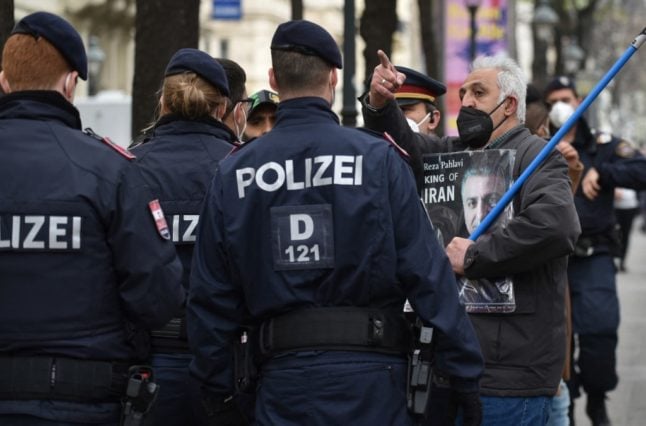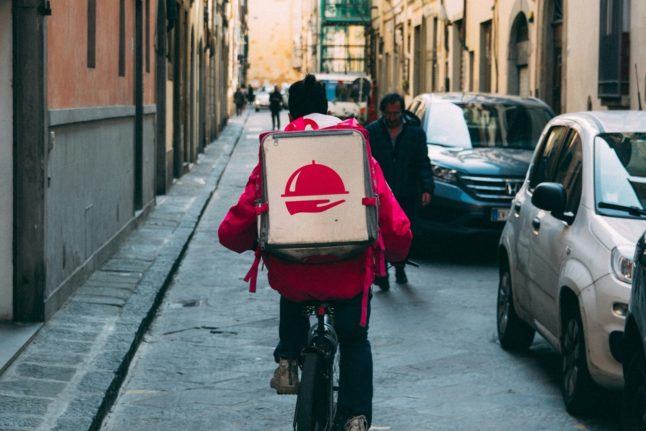Johannes Anzengruber elected Mayor of Innsbruck
In a surprise victory, Johannes Anzengruber was elected Mayor of Innsbruck in a runoff election. The former deputy mayor, running on his own list, “Yes – Now Innsbruck,” defeated incumbent Green Party Mayor Georg Willi by a significant margin, reaching almost 60 percent of the votes.
Experts predicted Anzengruber would perform well, but his decisive win is considered a political surprise, ORF reported. While the far-right FPÖ and Greens were initially seen as frontrunners, Anzengruber emerged as a strong outsider in the first round. He secured a spot in the runoff and capitalised on this momentum to win the mayor’s seat.
This victory marks a turnaround for Anzengruber. Just six years ago, he ran for the centre-right ÖVP (Austrian People’s Party), achieving many votes and becoming deputy mayor. However, the ÖVP bypassed him for the mayoral candidacy, leading Anzengruber to form his own party.
READ ALSO: How to make the most of 24 hours in Innsbruck
Why are people in Austria paying more taxes despite federal reforms?
Workers in Austria are still among those with the highest tax burdens in the world, with taxes and contributions taking more than 40 percent of wages even as the country introduced sweeping tax reforms. We explain why that is.
Centre-left SPÖ unveils plan to finance policy proposals
The centre-left party SPÖ has outlined its funding strategy for key policy initiatives, emphasising increased employment and taxes on the wealthy to support welfare state expansions.
The plan, which costs €7 to €8 billion annually, includes measures like free kindergartens and job guarantees. By implementing “fair taxes” and redirecting corporate tax cuts, SPÖ aims to generate the same amount in revenue, allowing for tax reductions and VAT exemptions on essential items.
The party said it would promote efficient spending and that it aims to adhere to deficit rules while delivering tangible benefits to Austrian citizens.
READ ALSO: Austria’s SPÖ party announces Babler as leader after vote mix-up
Far-right FPÖ maintains lead despite espionage affair
According to a recent survey by Unique Research for “profil” magazine, the FPÖ continues to lead in the National Council election polls.
The espionage scandal involving Egisto Ott hasn’t affected the far-right’’ standing, with leader Herbert Kickl gaining ground. The FPÖ leads with 30 percent, followed by the centre-left SPÖ at 21 percent and the centre-right ÖVP at 20 percent.
Kickl leads the hypothetical chancellor vote with 22 percent.
Critics have raised concerns about connections between former FPÖ MP Hans Jörg Jenewein and Egisto Ott, who has been accused of espionage, though Jenewein denies any wrongdoing.
The survey polled 800 respondents aged 16 and over, with a margin of error of 3.5 percentage points. Political landscape changes may occur by autumn, but concrete allegations in the espionage affair are needed for relevance.
READ ALSO: Can the Austrian president refuse to appoint a far-right chancellor?
Austrian police get body cameras
Austrian police will wear body-worn cameras (bodycams) starting this year. The goal is to de-escalate situations, protect officers, and gather evidence, according to a Der Standard report.
The Ministry of the Interior backs the plan, believing it will improve transparency. Legal experts agree but with reservations. Amnesty International stated it is concerned about biased recordings since officers control activation – meaning the police will determine when the bodycam is recording or not. Unlike some US states, Austria can’t enable automatic recording for legal reasons.
Recordings will be used for investigations and reviews of police actions. They can also be used as evidence in lawsuits, benefiting both officers and citizens.
READ ALSO: Cycling in Austria – 7 rules you can be fined for breaking
If you have any questions about life in Austria, ideas for articles, or news tips for The Local, you can contact us at [email protected] or leave a comment below.



 Please whitelist us to continue reading.
Please whitelist us to continue reading.
Member comments